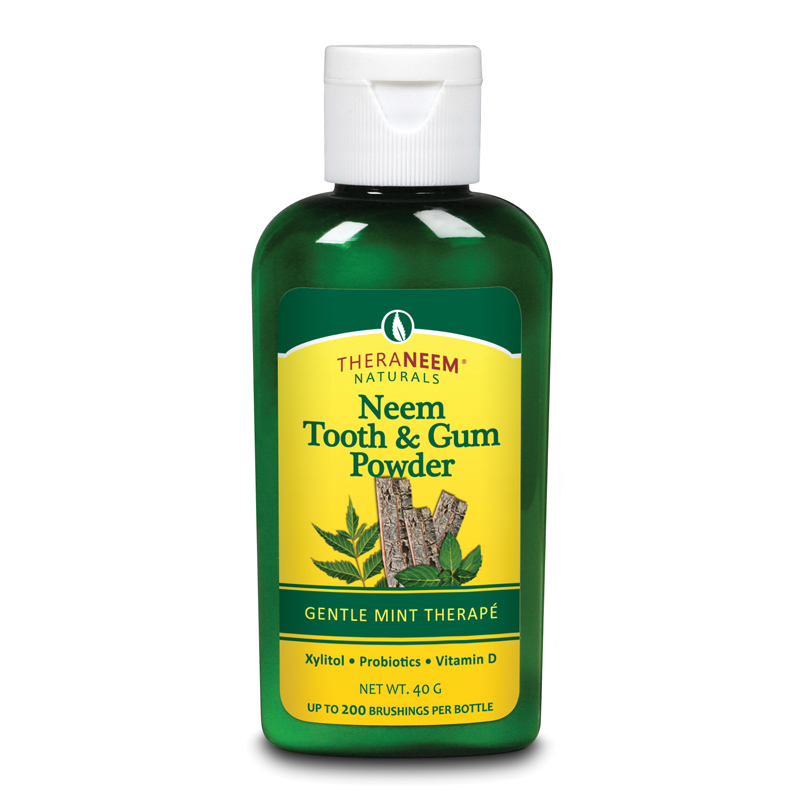Neem for naturally healthy gums and teeth
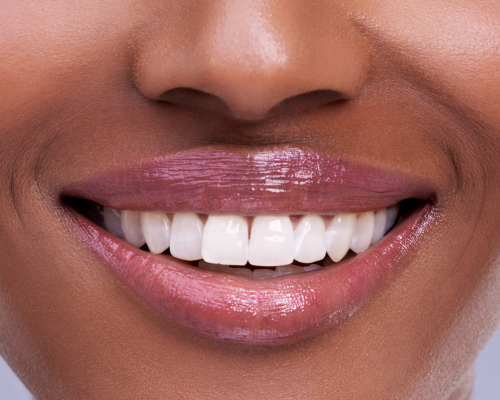
I think we have all heard from our parents “if you don’t brush your teeth, they will all fall out and you'll only be able to have soup from when you're 25!” No? doesn't ring a bell? Perhaps that was just my family scare-mongering then..!
As a child I ‘brushed’ (pun intended) my parent’s concerns off, but as an adult I finally saw the importance of taking care of my teeth and general oral health, and regret being so reckless in my youth! But it's never too late to find an effective oral care routine. Personally, I have seen my gum health scores go from 3's and 2's (plaque and gum disease) to 1's and 0's (healthy) since using neem for my oral health and we regularly hear from grateful customers telling us similar stories. The review below is typical (and heart-warming!)
"I have to tell you - a year ago my dentist told me my gums were really bad, I was very worried! and I’d have protect the gums I had! I didn’t believe that they couldn’t improve. And there started my quest for a cure!
So grateful I found the neem team and their amazing products.
I used the gum oil, gum powder toothpaste and more recently the neem toothpaste.
Last week I went back to see my dentist and she mentioned there was nothing wrong with my gums!!!!!!
I’m also using the wonderful body soaps and lotions and noticed my hands don’t look so aged!
I’ve just bought the neem toothpaste for my son!
So grateful to the neem team , who a year ago, patiently answered numerous questions I had - they really care! 🥰" Nita S.
Why is neem so important? For centuries, people have used twigs from the Neem tree as ‘chewsticks’ or natural toothbrushes due to their ability to keep the mouth healthy, and neem has traditionally been used in various forms, in toothpastes and mouthwashes due to its antibacterial, antifungal and anti-inflammatory properties.
Neem is naturally antibacterial, particularly against the main tooth decay-causing bacteria, Streptococcus mutans and lactobacilli. This means that it kills bad bacteria in the mouth which has the added benefit of reducing unpleasant mouth odour and stops tooth decay in its tracks.
Neem helps with most aspects of oral health - brushing with Neem toothpaste has been shown to reduce the presence of plaque, prevent tooth decay, and help general oral health. It can also reduce gingivitis issues and halitosis. If you have ever found blood in the sink after spitting out your toothpaste- this is a sign of gingivitis, and means you need to improve your oral health urgently. Neem is also anti-fungal, so if you are worried you suffer from systemic Candida, Neem is effective in treating this form of fungal infection in the mouth due to the nimbidol and gedunin compounds it contains.
Neem stops plaque from colonising your tooth surfaces, which in turn stops the plaque producing acids, which lead to cavities and gum recession. Plaque also binds tannins and other compounds (eg chlorhexidine) which yellow teeth, so using Neem to remove plaque can also help whiten the teeth, for that million-pound smile!
A 2004 study also found that neem is at least as effective as chlorhexidine as a mouthwash- which means that you can avoid the potential for discoloration that chlorhexidine-containing mouthwashes (most of the commercial ones) contain.
We recommend you use neem daily. The Neem Team oral health care products include Theraneem toothpaste, mouthwash, and dental floss, and an own brand range of ‘Pulling’ Oil and Tooth Powder (available from November). The most effective way of getting all the benefits of Neem for your oral health is to use the toothpaste, mouthwash, and dental floss as part of your daily routine.
Oral health is incredibly important. Having poor oral hygiene can cause issues not only with your gums and teeth, but it has been linked to heart disease, diabetes, cancer and strokes. So look after your teeth to keep them, and your whole body healthy.
We recommend:
- Use a Soft toothbrush and be gentle. Hard and Medium toothbrushes can traumatise gums, leading to further infection and recession
- Use toothpaste or toothpowder containing neem. Neem has a bitter taste, but neem bark is a bit more palatable (less bitter) than neem leaf or oil. Use a moderate amount and spend time brushing every tooth surface: towards the cheeks, towards the tongue and the biting surfaces. Just spit, do not rinse. Rinse your toothbrush carefully and dry it.
- After brushing, use a mouthwash containing neem and swill a tablespoon around the mouth for one or two minutes. You can also use a pulling oil. Spit, do not rinse.
- Two to three times a week - more often if you have crowded teeth- use a neem-impregnated floss to clean between the teeth.
- If you have specific sore areas or mouth ulcers, dab with Theraneem Tooth and Gum oil. This will also reduce pain.
- If you have gum problems that are severe, consider taking neem capsules to strengthen your immune system.
- As ever, be careful with your diet and avoid sugars, carbonated drinks and processed and acidic food. Eat more raw fruit and vegetables - ideally organic. Take steps to reduce stress in your life. Take time to look after yourself.
See some references below:
- Singh, A et al (2006) Comparative Evaluation of the Efficacy of a Commercially Available Herbal Mouthwash Containing Azadirachta Indica Extract (Neem) with a Chlorhexidine Mouthwash in the Management of Gingivitis Indian Journal of Dental Research, 2006. This study compared a commercially available neem mouthwash to chlorhexidine mouthwash for treating gingivitis and found neem to be as effective as chlorhexidine in reducing plaque and inflammation.
- Zanatta FB, Antoniazzi RP, Rösing CK. (2010) Staining and calculus formation after 0.12% chlorhexidine rinses in plaque-free and plaque covered surfaces: a randomized trial. J Appl Oral Sci. 2010 Sep-Oct;18(5):515-21. doi: 10.1590/s1678-77572010000500015. PMID: 21085810; PMCID: PMC4246385. This was a study investigating the side effects of chlorhexidine. It has been associated with brown staining of the teeth and gums, change in tatse, calculus formation (including supragingival calculus formation which can cause gum recession). It concludes that side effects are more common if used before teeth brushing.
- Mukherjee A et al (1999) Effect of Azadirachta indica (Neem) Leaf Extract on Established Gingivitis Journal of Indian Society of Periodontology, 1999 This study investigated the effect of neem leaf extract on established gingivitis and found it to be effective in reducing gingival bleeding and inflammation.
- Gupta, M. et al Clinical (2009) Evaluation of a Neem-Based Mouthwash on Plaque and Gingivitis Medicina Oral Patologia Quirurgica Bucal, 2009 This study evaluated the effectiveness of a neem-based mouthwash on plaque and gingivitis and found it to be effective in reducing both.
- Abishek KN. et al (2015) Effect of Neem containing Toothpaste on Plaque and Gingivitis—A Randomized Double Blind Clinical Trial The Journal of Clinical and Diagnostic Research, 2015 9(7): JCDP01776-2015. https://thejcdp.com/doi/JCDP/pdf/10.5005/jp-journals-10024-1776
- Jain, P.; Hassan, N.; Khatoon, K.; Mirza, M.A.; Naseef, P.P.; Kuruniyan, M.S.; Iqbal, Z. Periodontitis and Systemic Disorder—An Overview of Relation and Novel Treatment Modalities. Pharmaceutics 2021, 13, 1175. https://doi.org/10.3390/ pharmaceutics13081175 https://www.ncbi.nlm.nih.gov/pmc/articles/PMC9822736/ This article explores the relationship mecchanisms between dental disease and diseases like diabetes, heart disease, respiratory disease, delivery of pre-term babies, autoimmune disease and cancer.
- Maurya SD, Jain D, Porwal O, Dhakar RC, Jayakumararaj R, (2021) A Review on Role of Herbal Antioxidants in Periodontitis, Asian Journal of Dental and Health Sciences. 2021; 1(1):14-18 This article looks at neem and other traditionally used plants and their effects
- Saha, S. et al (2011) Effect of indigenous neem mouthwash on common microbial flora of mouth. Journal of Indian Association of Public Health Dentistry 9(18):p 193-197, Jan–Jun 2011. A double blind, randomised, parallel study design which showed neem mouthwash effectively reduced caries producing bacteria in the mouth.

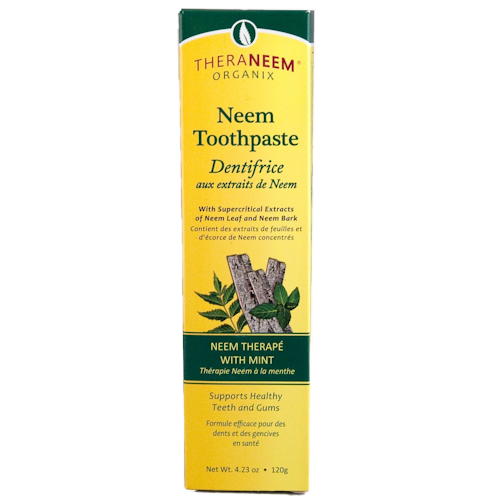
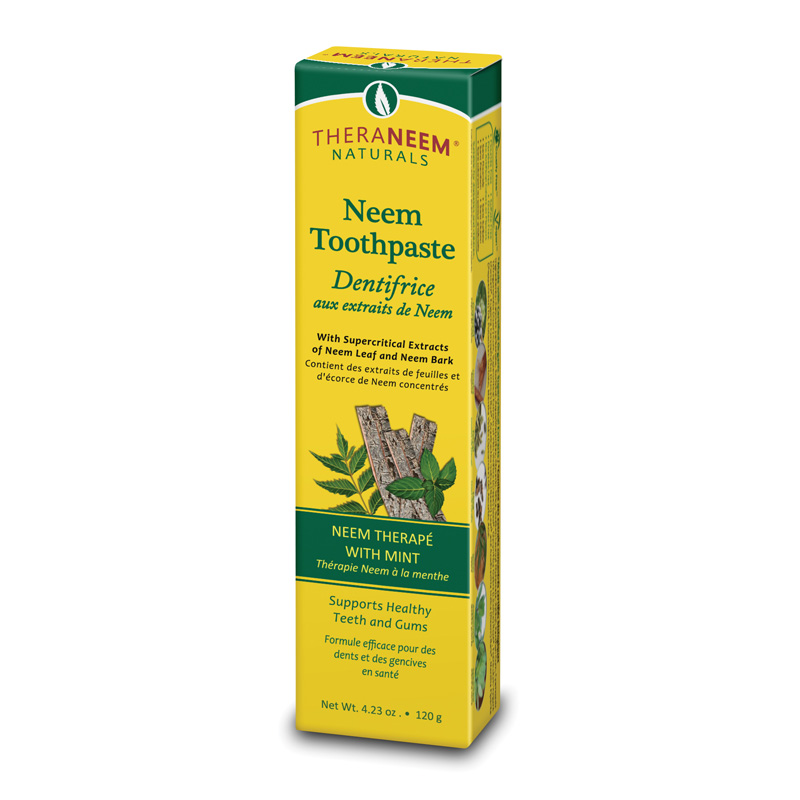
.jpg)
.jpg)
.jpg)
.jpg)
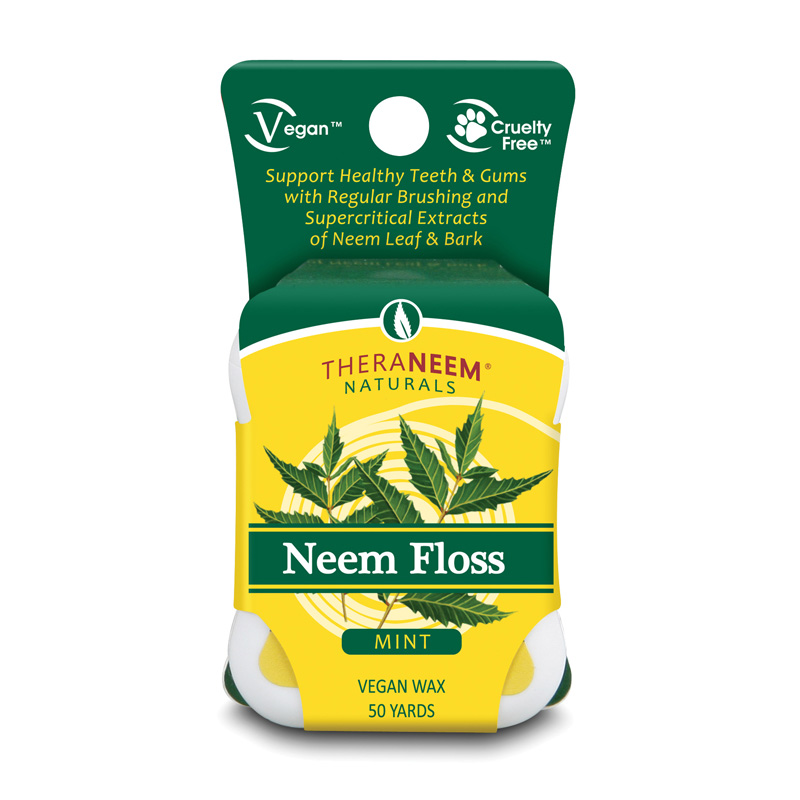
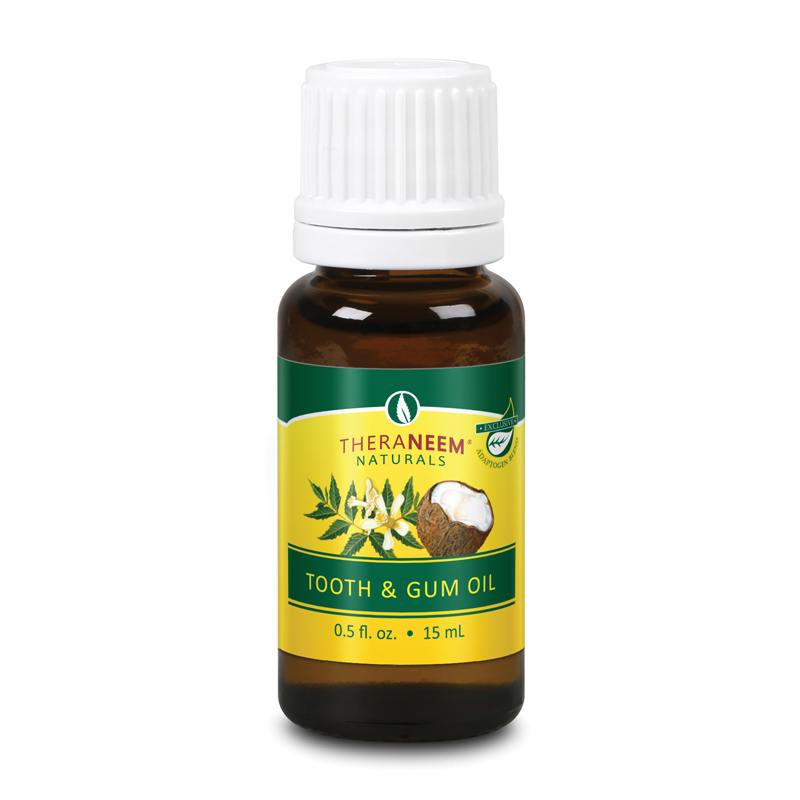
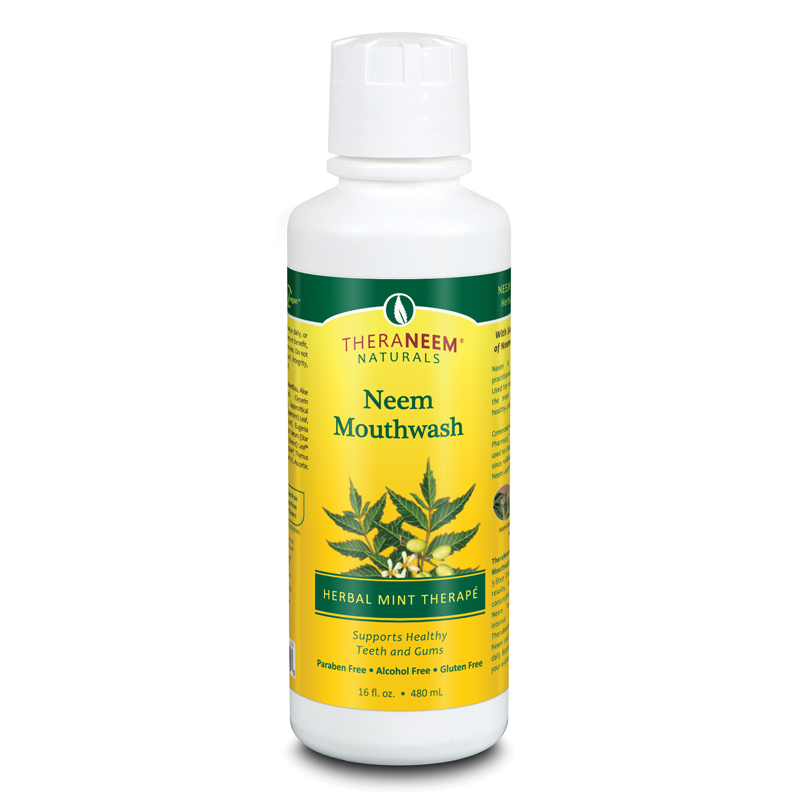
.jpg)
